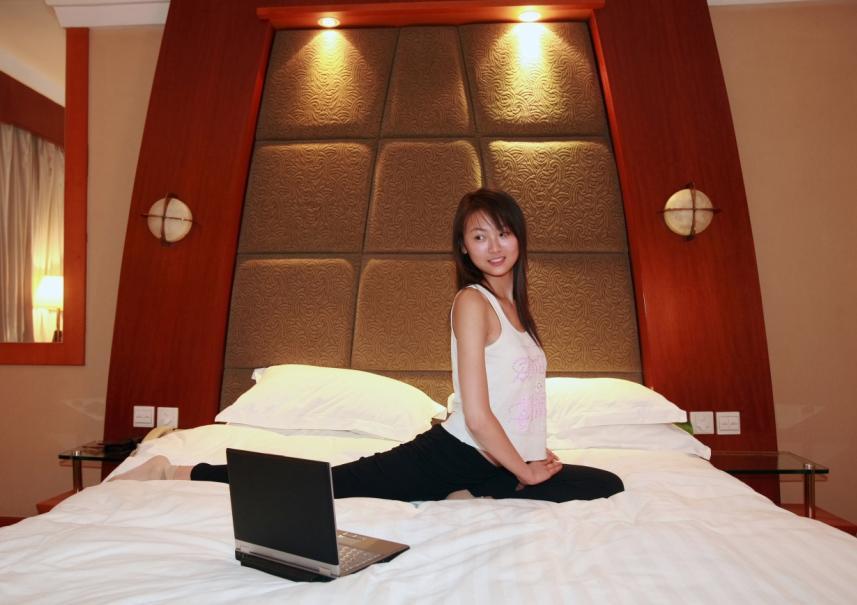
No more vacancies: URA clamps down on new hotel applications
Hoteliers grapple with tighter rules.
The number of hotels and hostels in Singapore has been steadily growing, thanks to the burgeoning number of visitor arrivals to the country. In a move to control the rising number of applications for new hotels, the Urban Redevelopment Authority has rolled out revised rules for potential hoteliers.
In an industry circular dated July 7, the URA announced that it has been receiving more applications for new hotels, boarding houses and backpackers’ hostels, including change of use proposals to such uses on sites that are not zoned for hotel use.
According to the URA, “Hotels, boarding houses and backpackers’ hostels provide accommodation for visitors to Singapore. These uses are generally found in commercial areas. However, such uses should not dominate and displace other commercial activities in these areas. In addition, they are generally not permitted within or at the fringe of residential estates so as to protect the amenity of nearby residents.”
Here’s more from URA:
To address the potential proliferation of such developments, the URA will implement the following measures:Within the Central Area, proposals for new hotels, boarding houses and backpackers’ hostels, including any change of use proposals to such uses on sites that are not zoned or permitted for Hotel use, will generally not be allowed within certain areas inside the Outram, Rochor, Downtown Core and Singapore River Planning areas.
For hotel, boarding house or backpackers’ hostel proposals in other parts of the Central Area, URA will evaluate such proposals individually, considering the planning intention for the locality and the potential traffic impact that the individual proposal will generate.
Outside the Central Area, all proposals for new hotels, boarding houses and backpackers’ hostels, including any change of use proposals to such uses on sites that are not zoned or permitted for Hotel use will generally not be allowed.
For existing approved hotels and boarding houses on sites that are zoned or permitted for Hotel use, any proposed intensification of the Gross Floor Area (GFA) will continue to be subject to evaluation.
Expansion of the existing approved boarding house and backpackers’ hostel uses that are on Temporary Permission (TP) will be considered individually, up to the total GFA of the existing building that it occupies. URA will only allow further renewal of the TP for these uses if they have not caused any adverse traffic impact and disamenity to the surrounding users.
This policy will take effect from 07 July 2014 for all applications for hotels, boarding houses and backpackers’ hostels. Only formal development applications (excluding Outline Applications) submitted before the effective date of 07 July 2014 which have already been granted Provisional Permission or which will result in a Provisional Permission will not be subject to the revised guidelines.
This policy will be reviewed in two years’ time.
























 Advertise
Advertise









